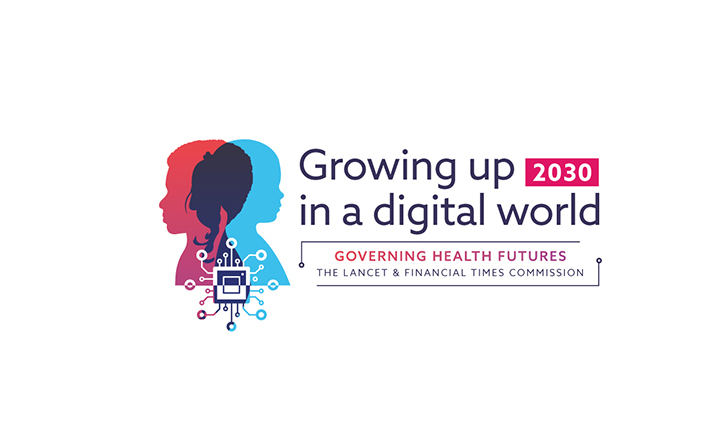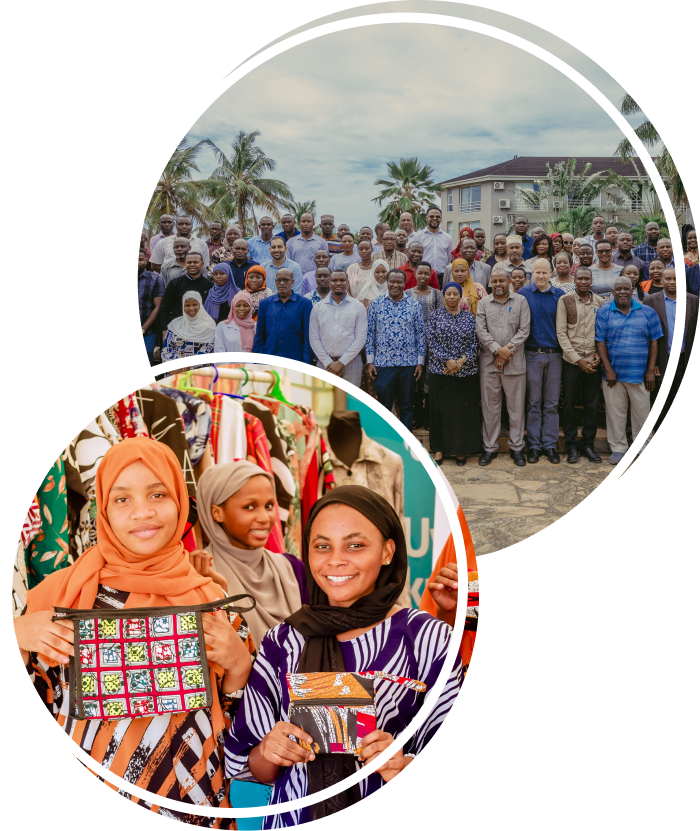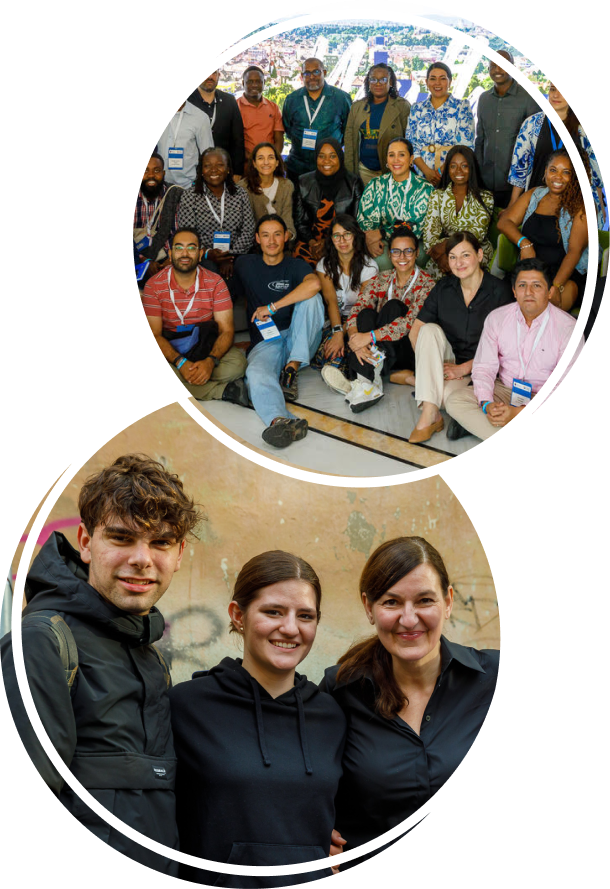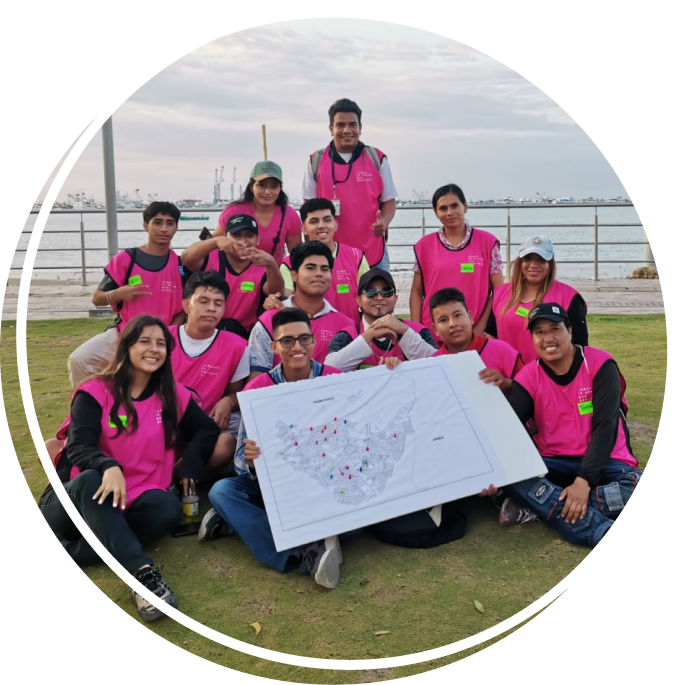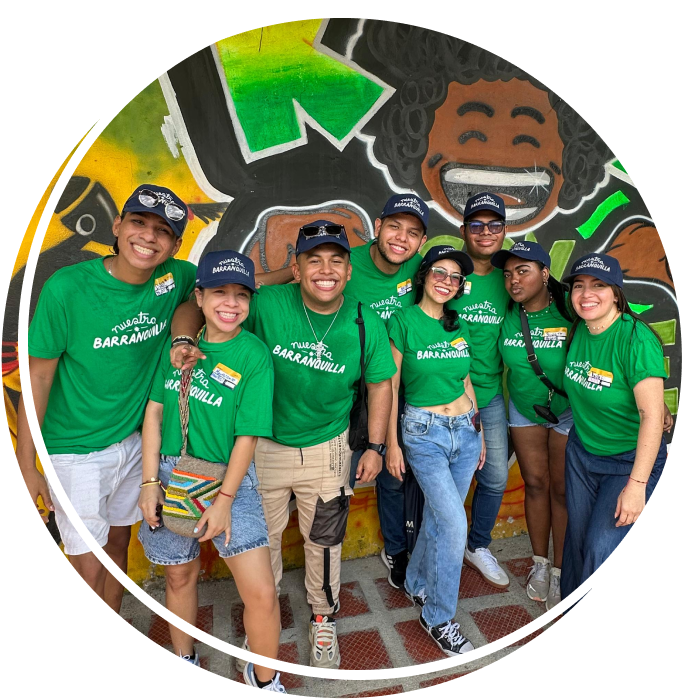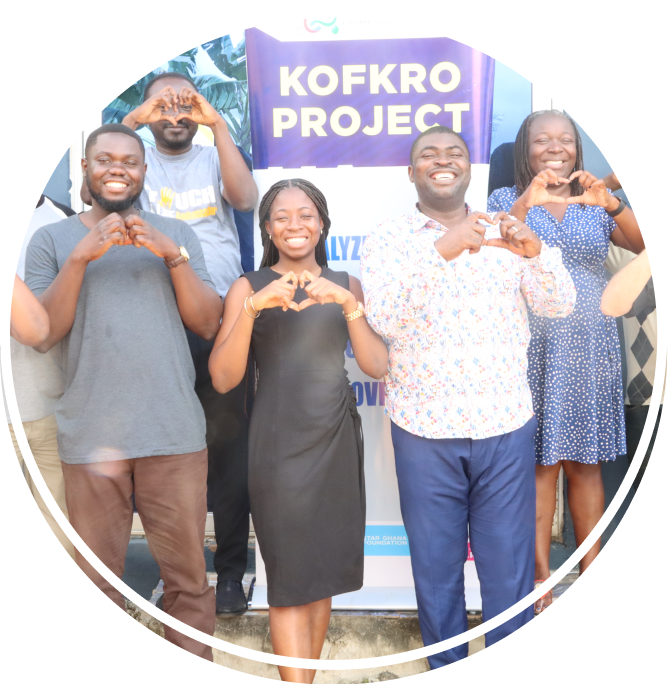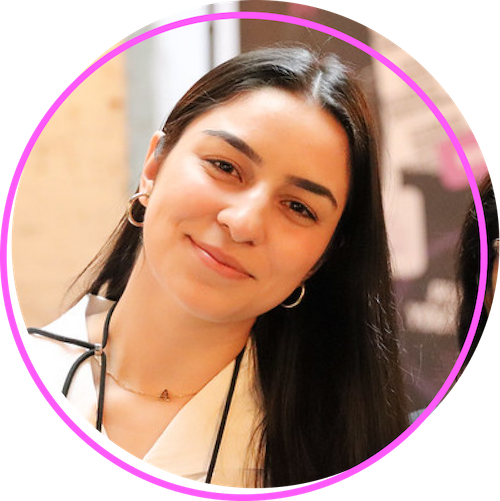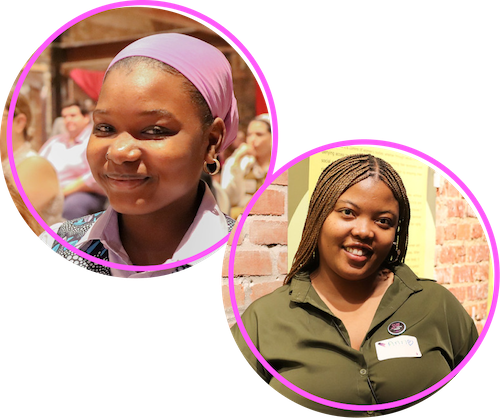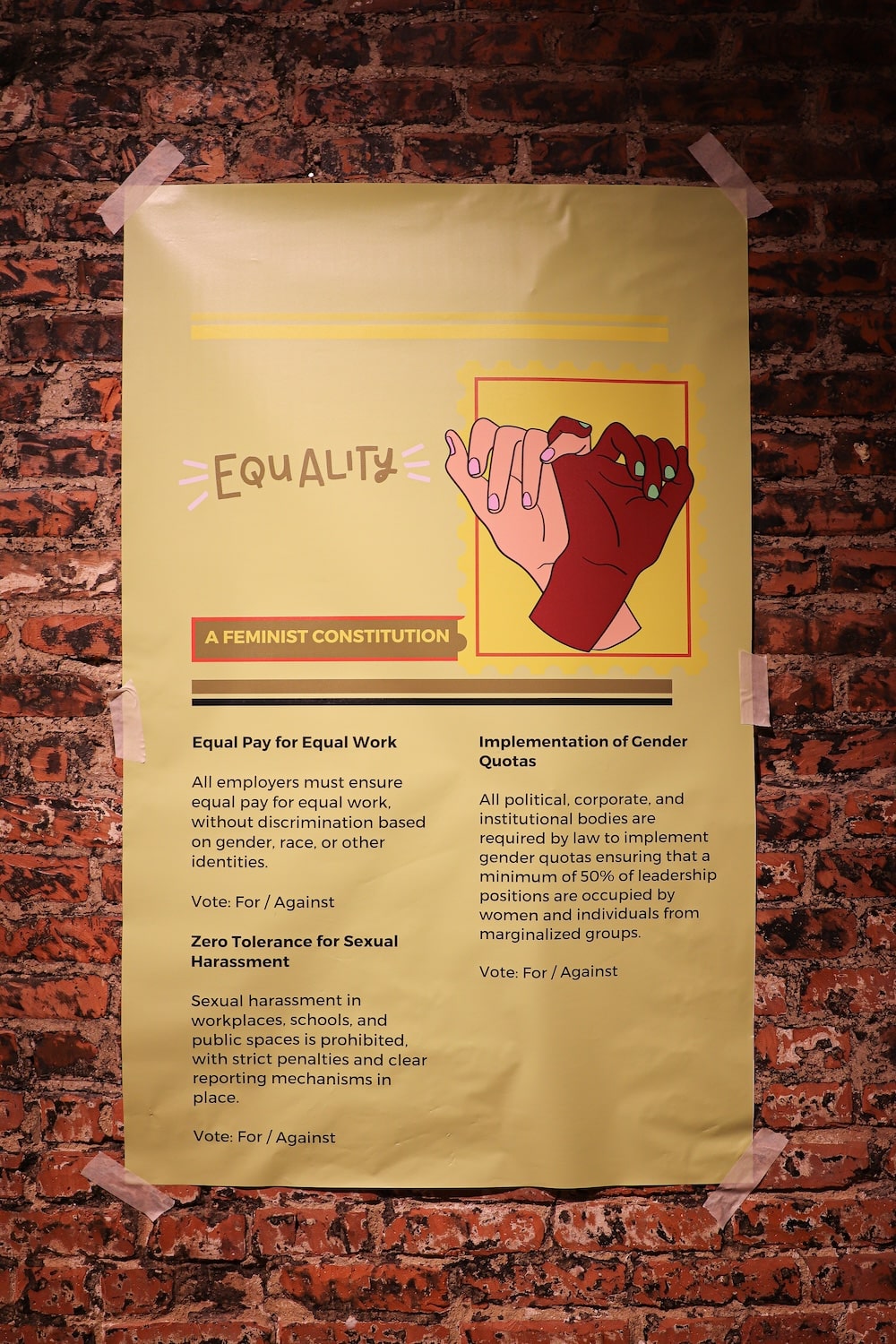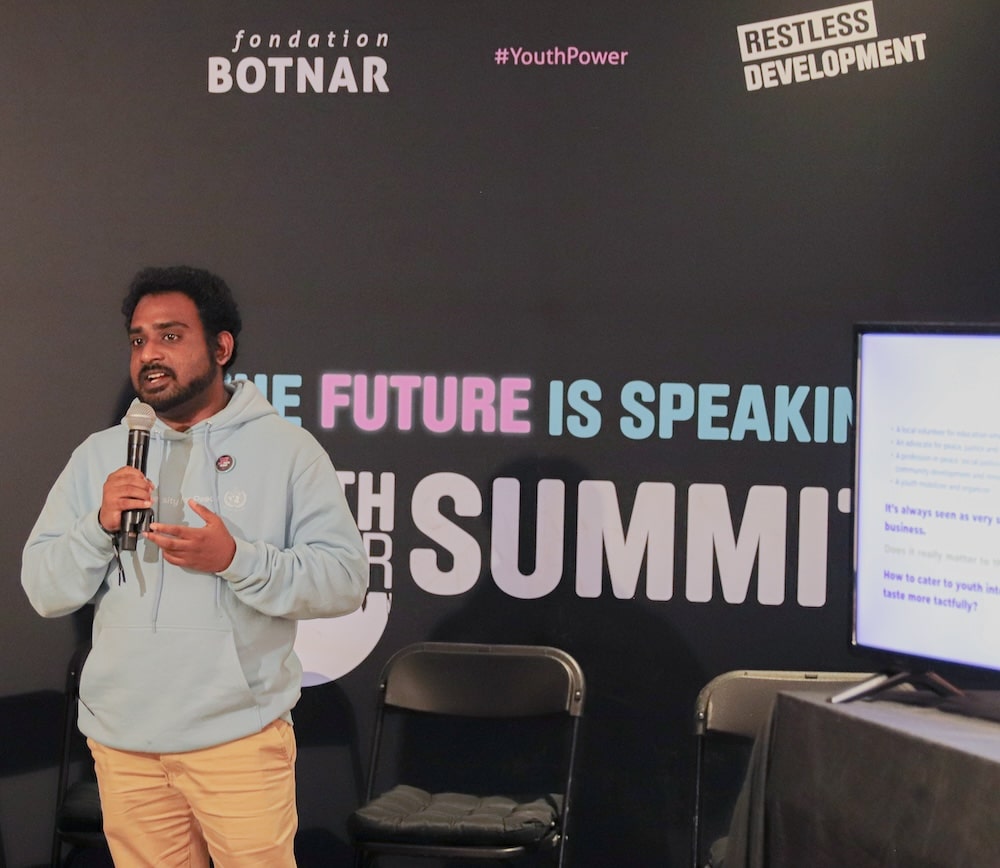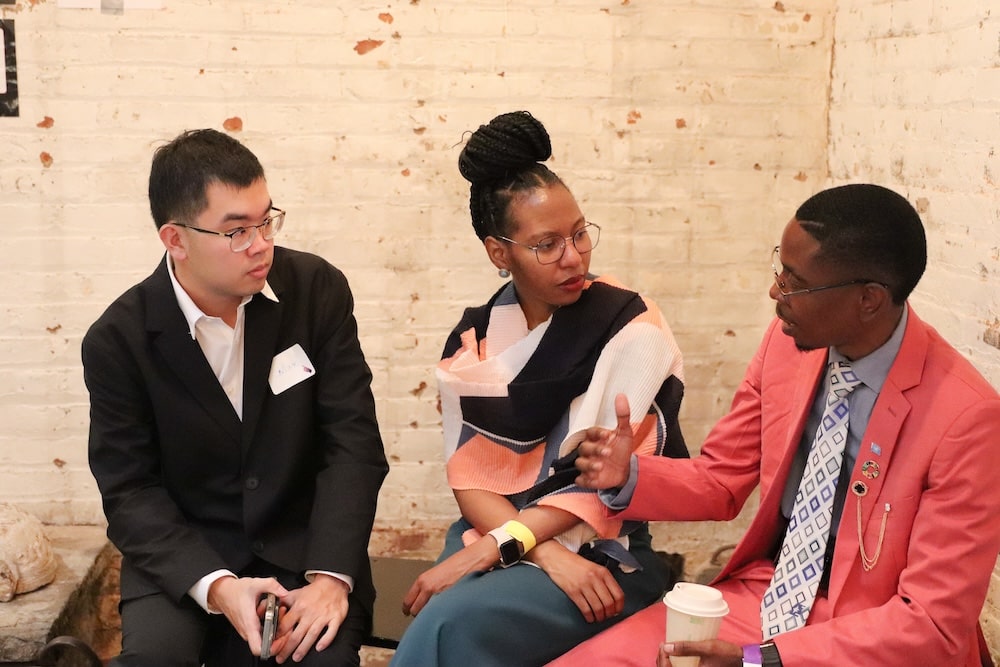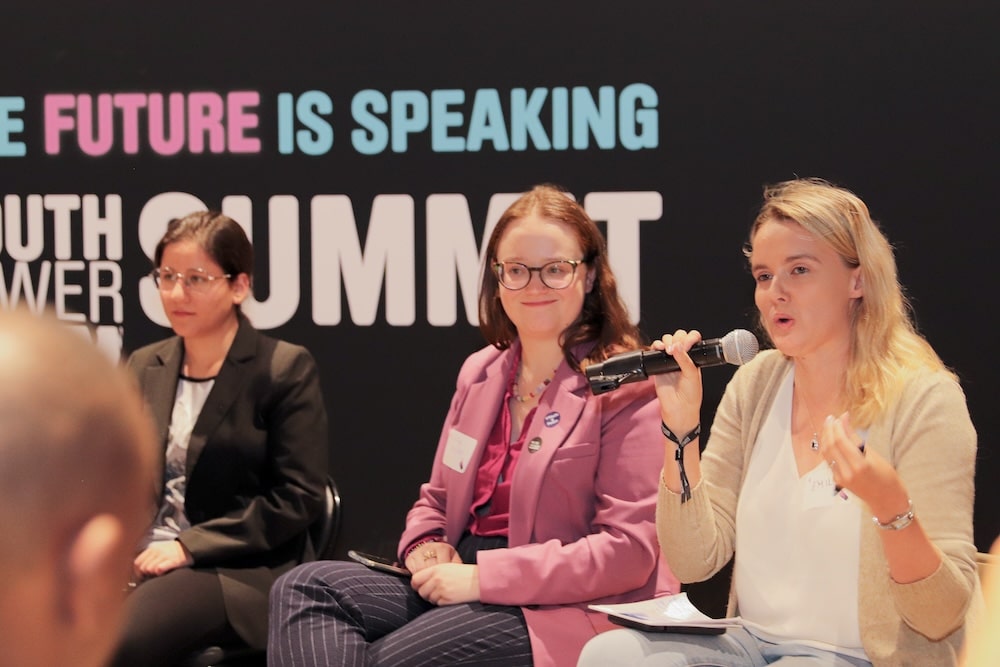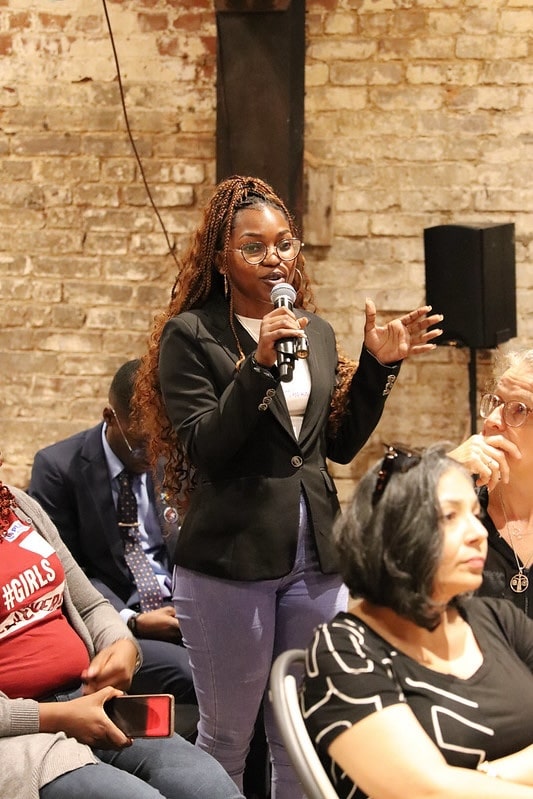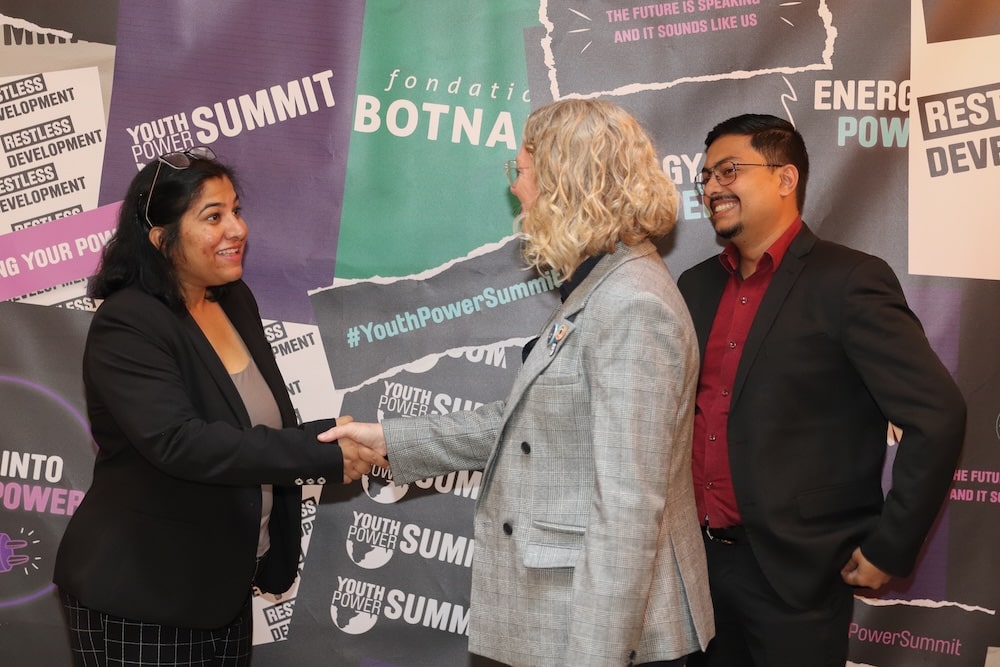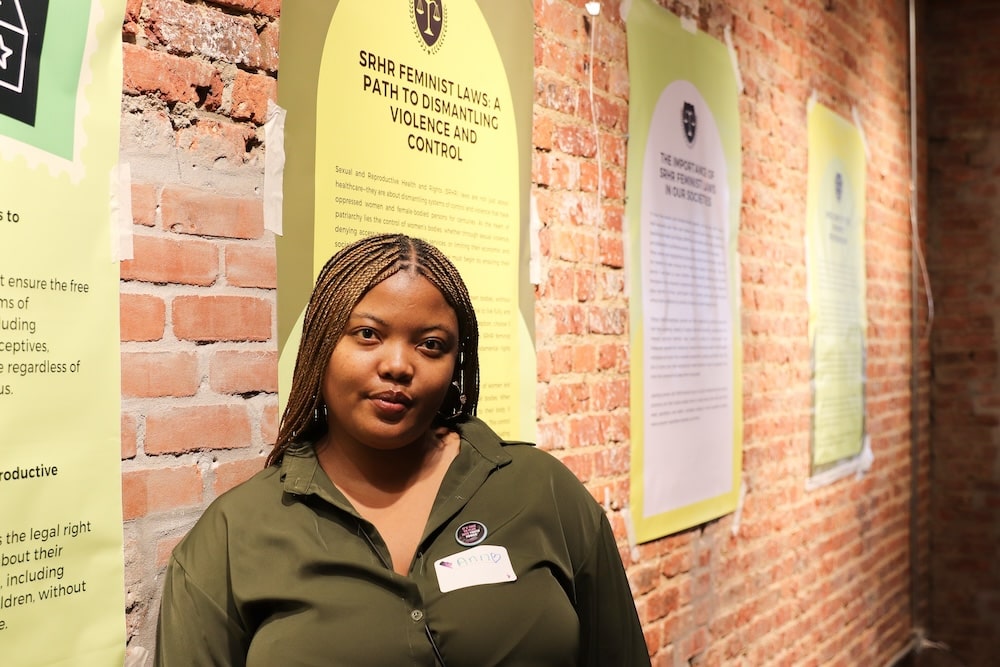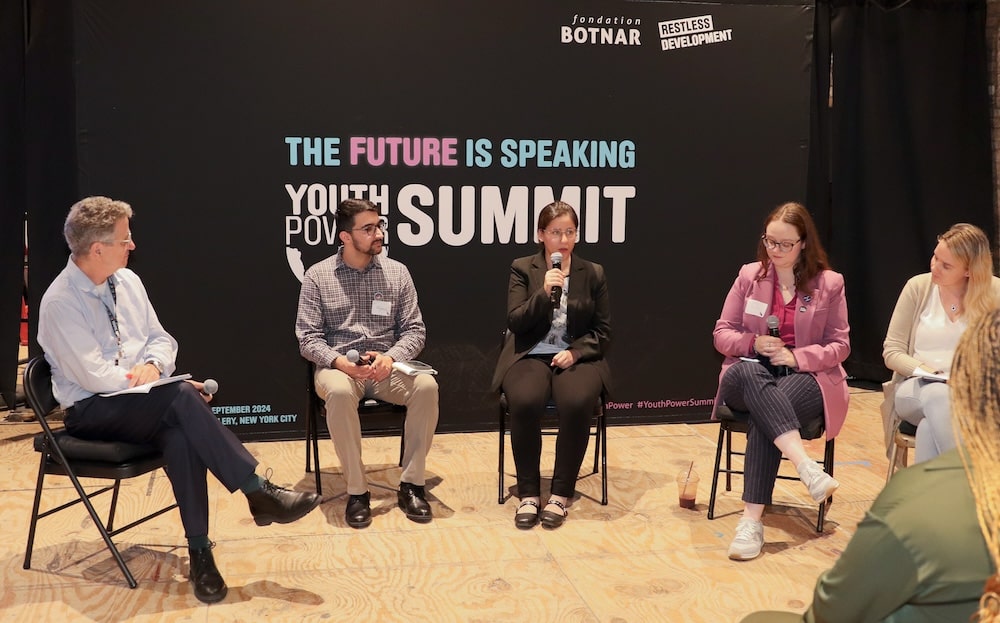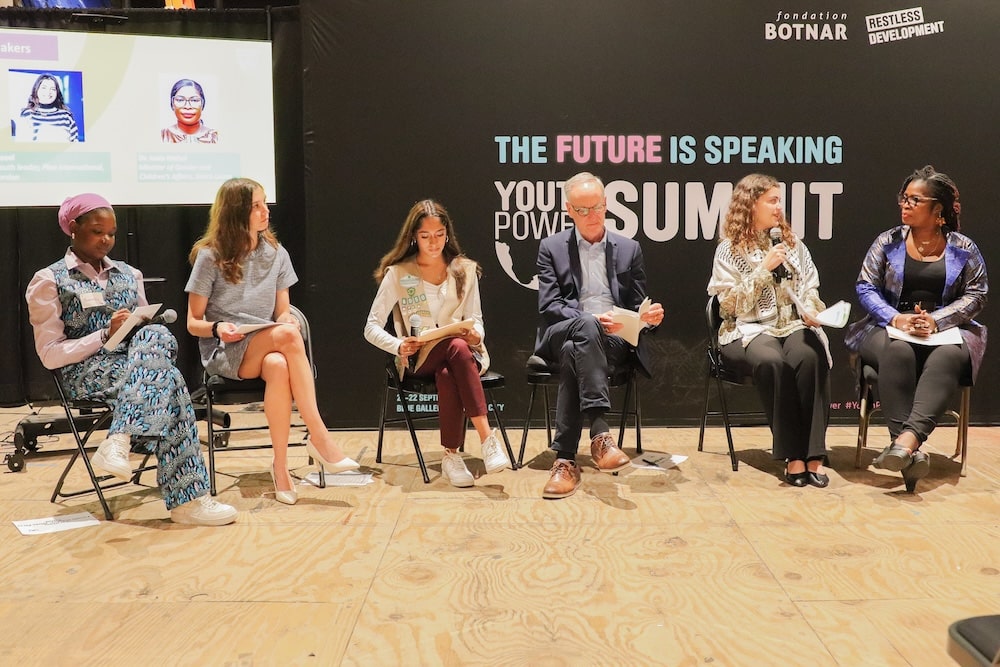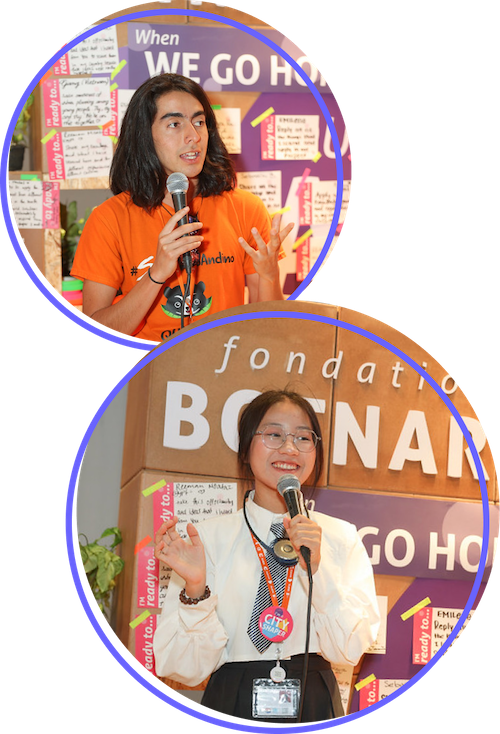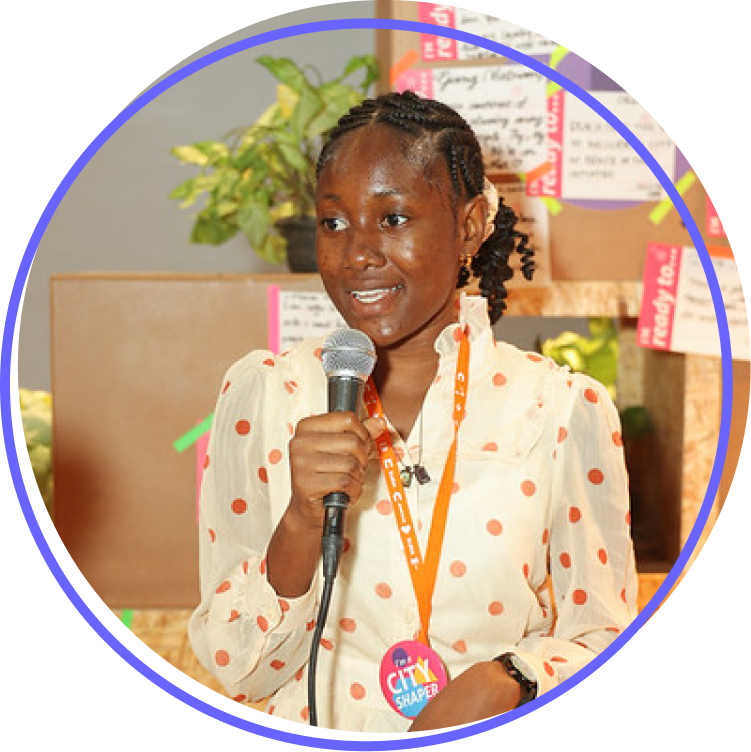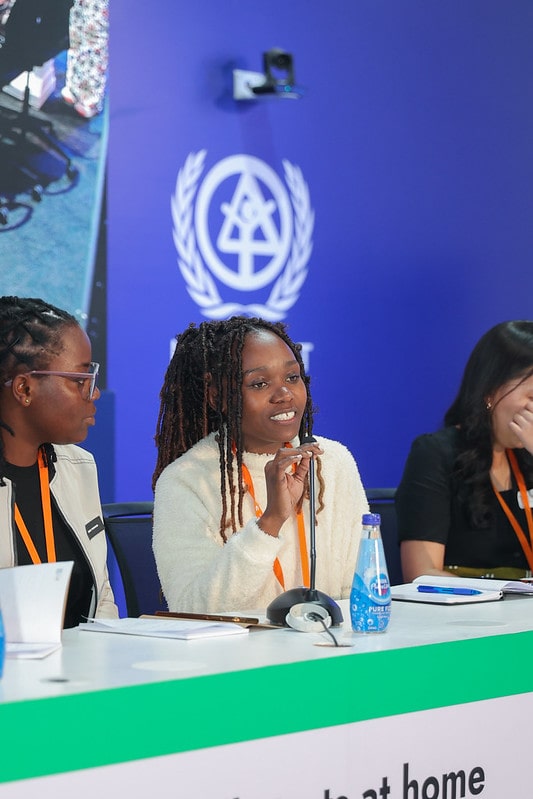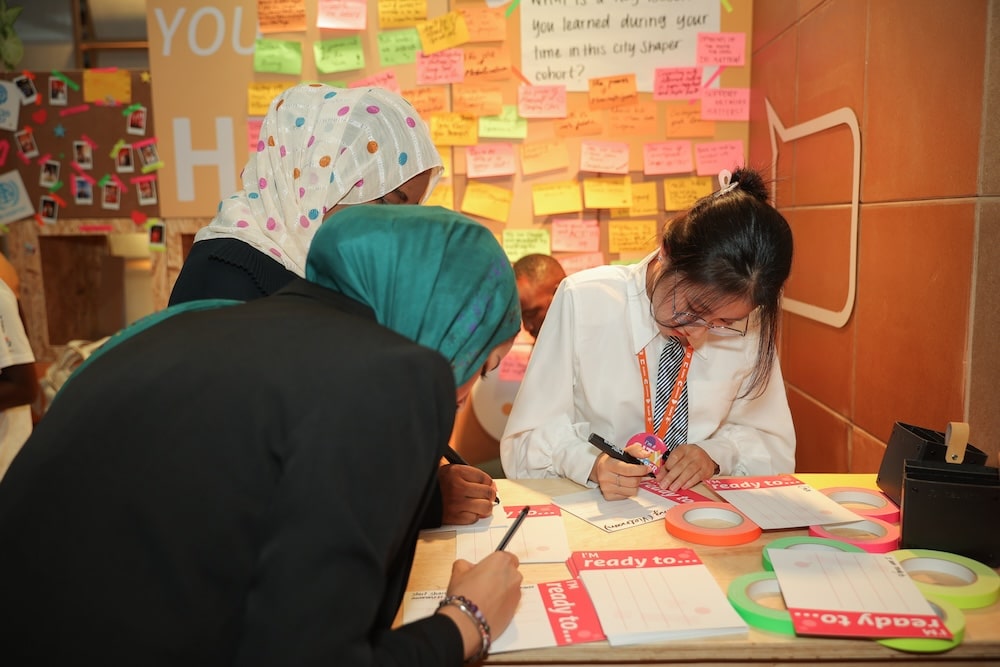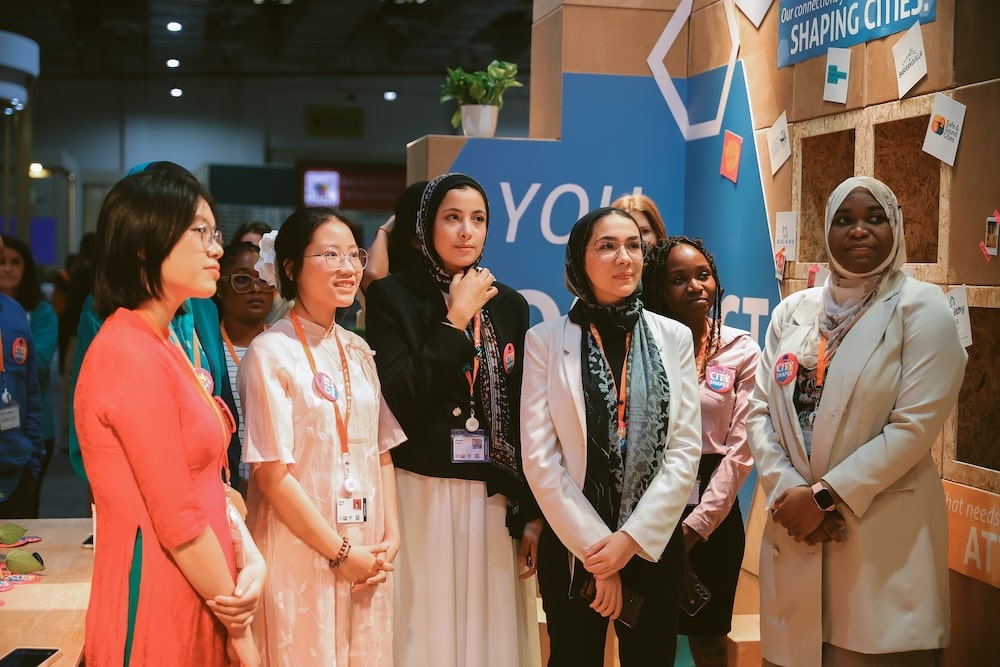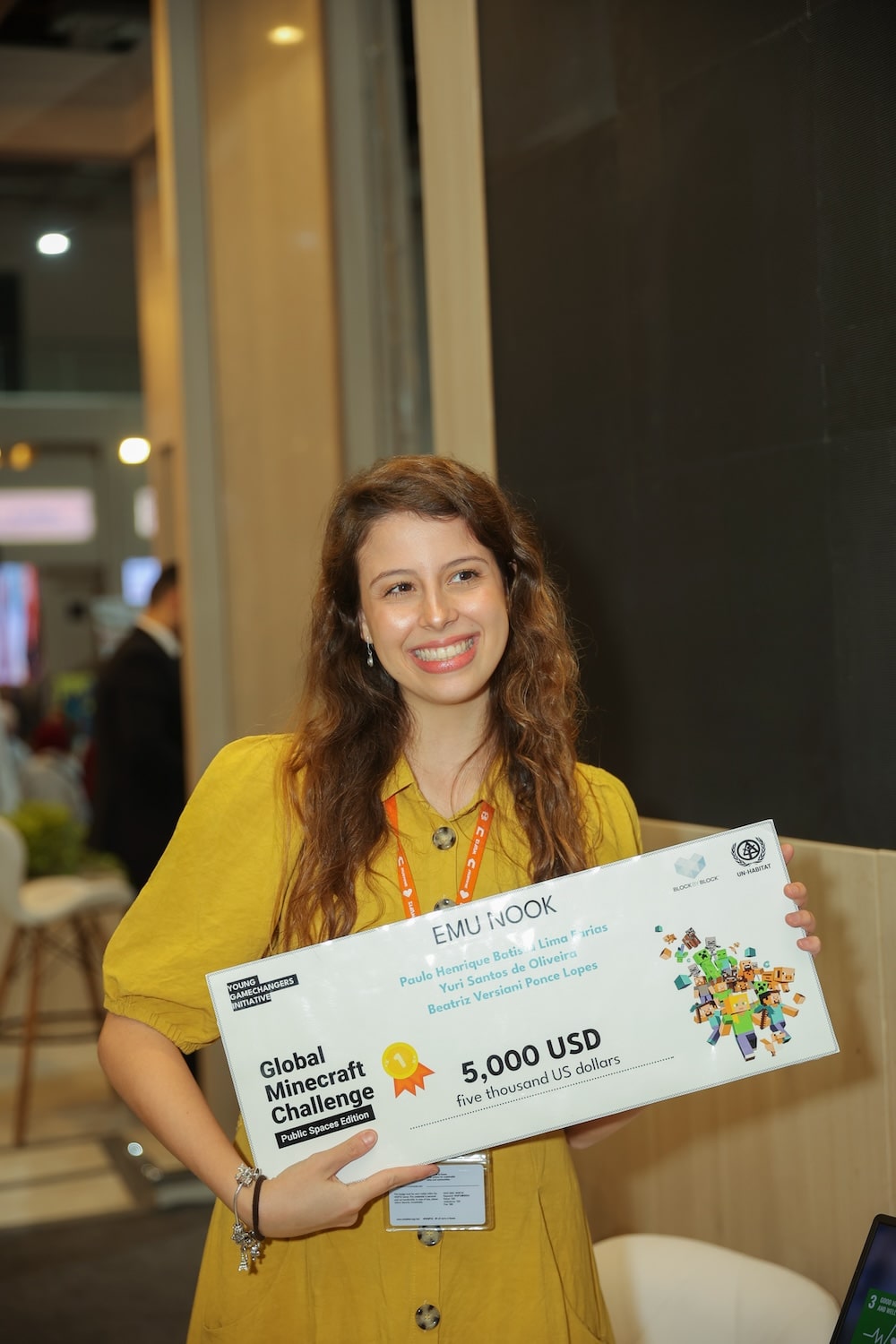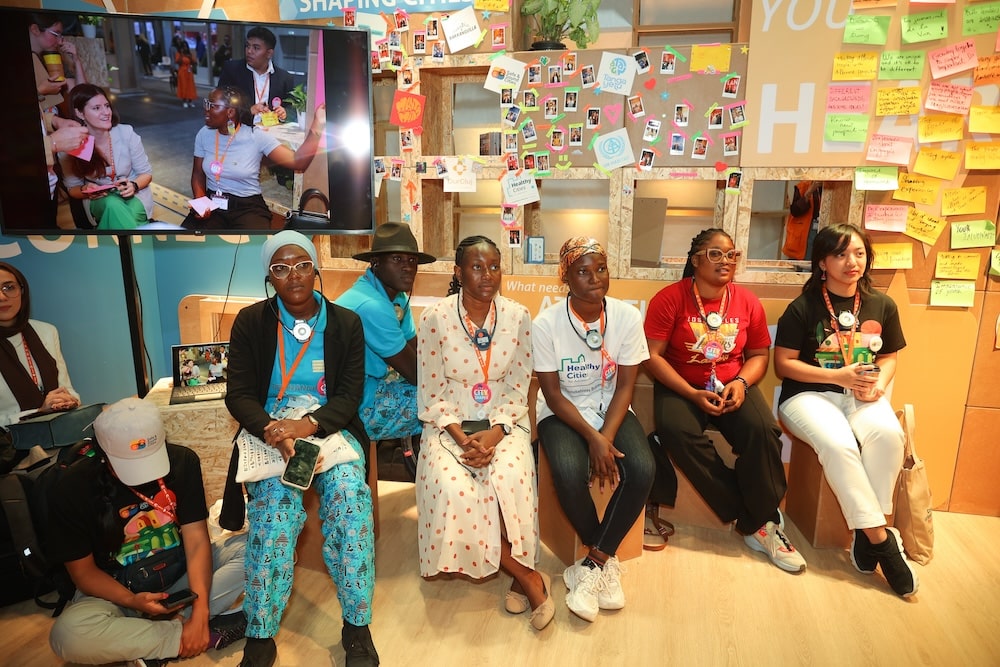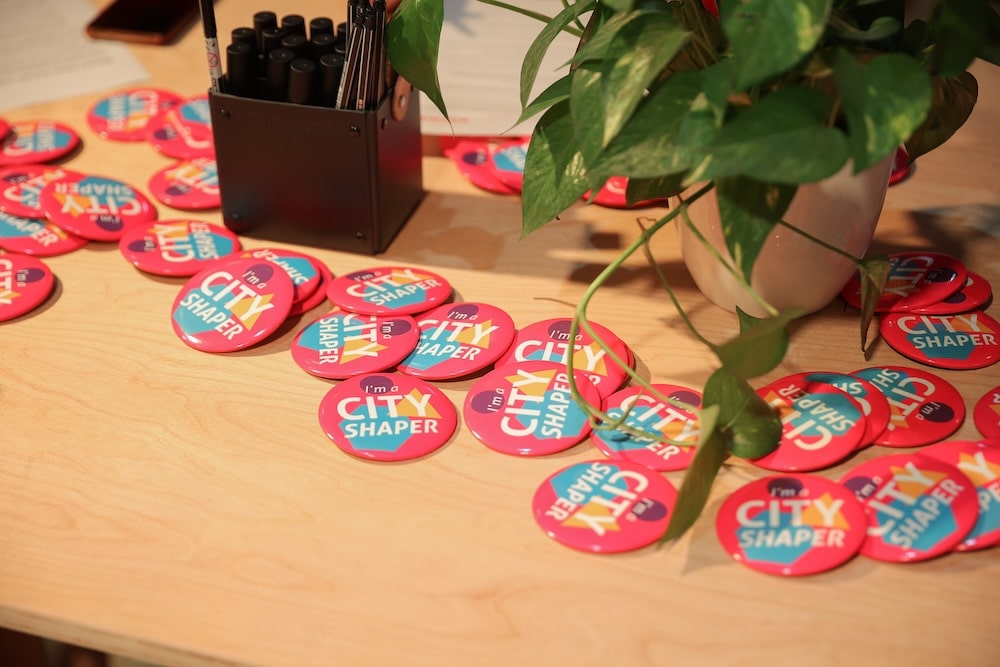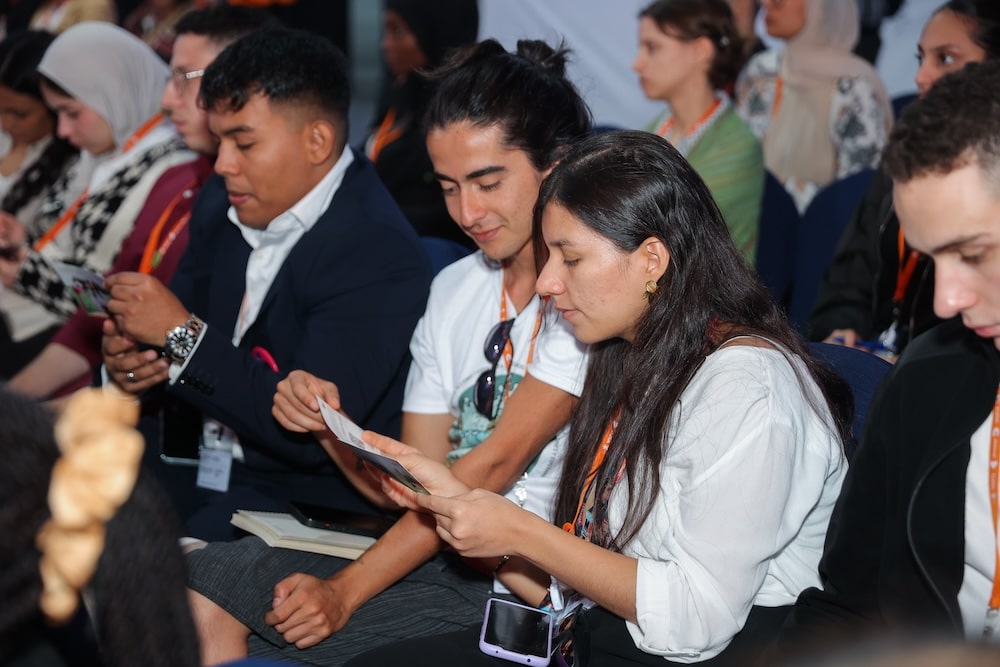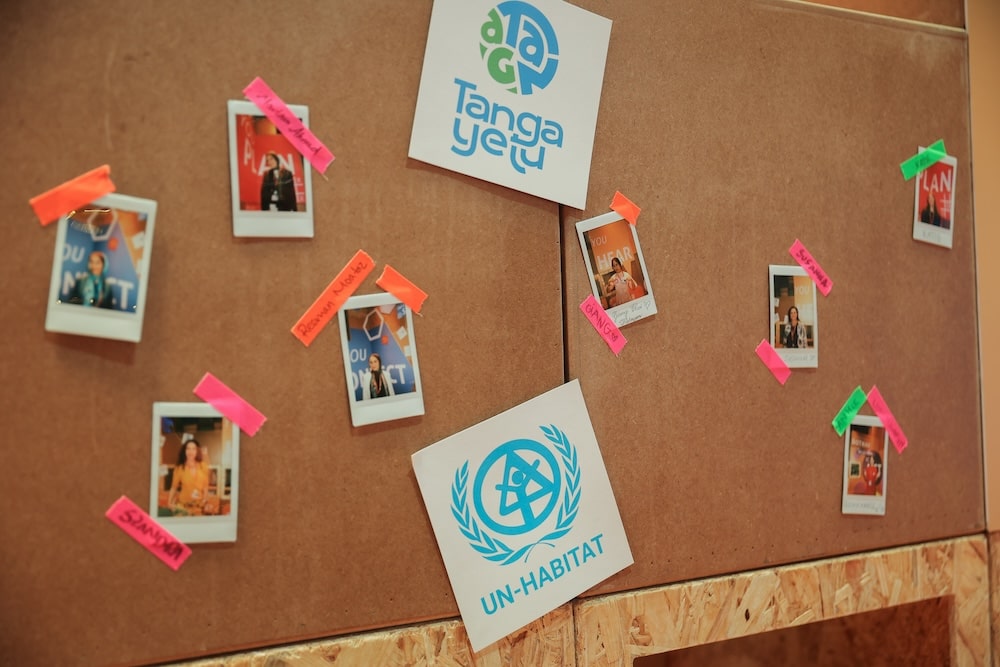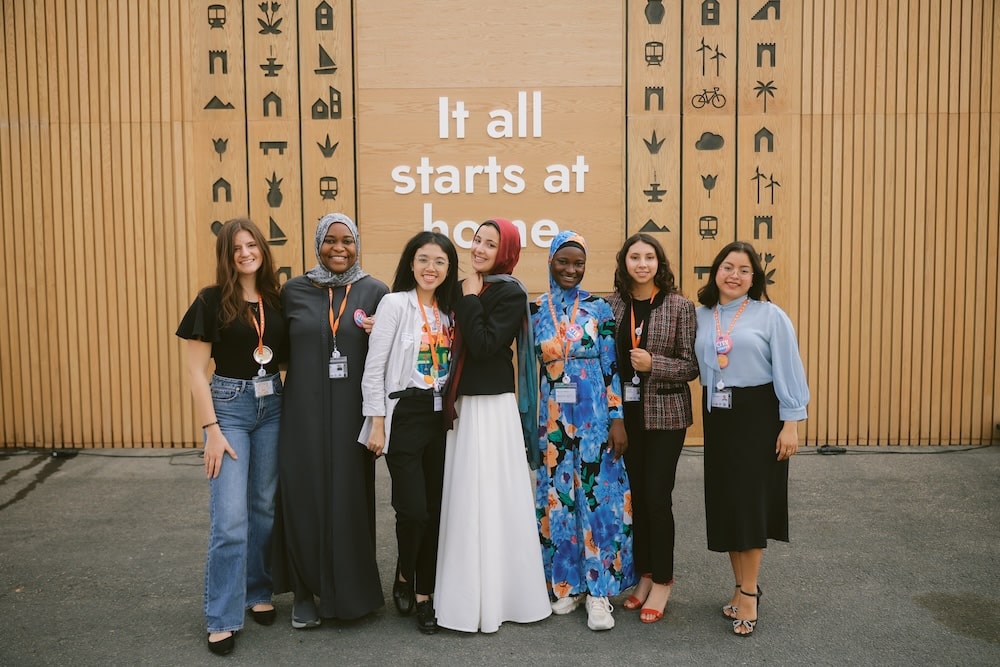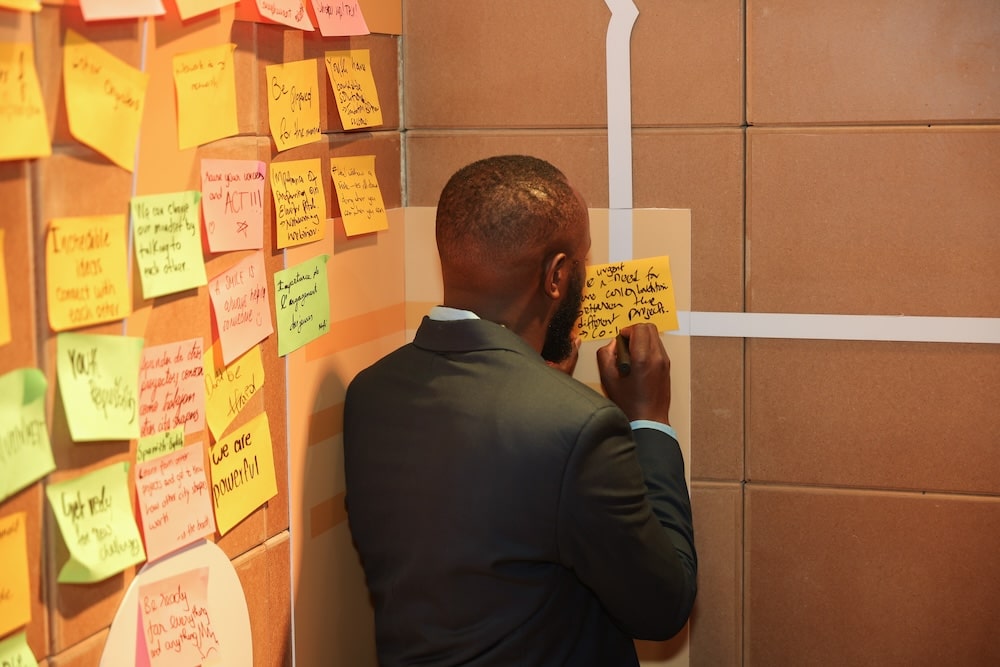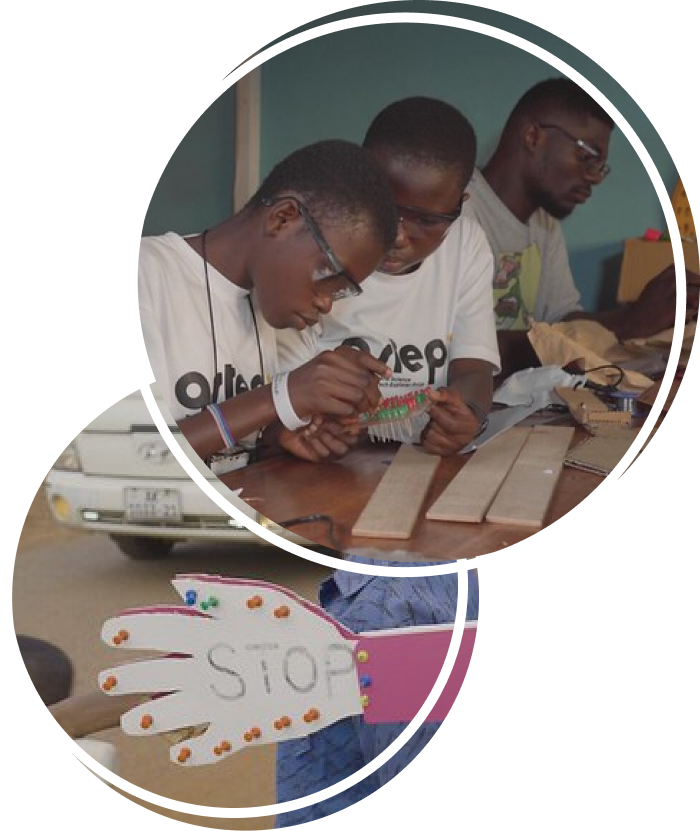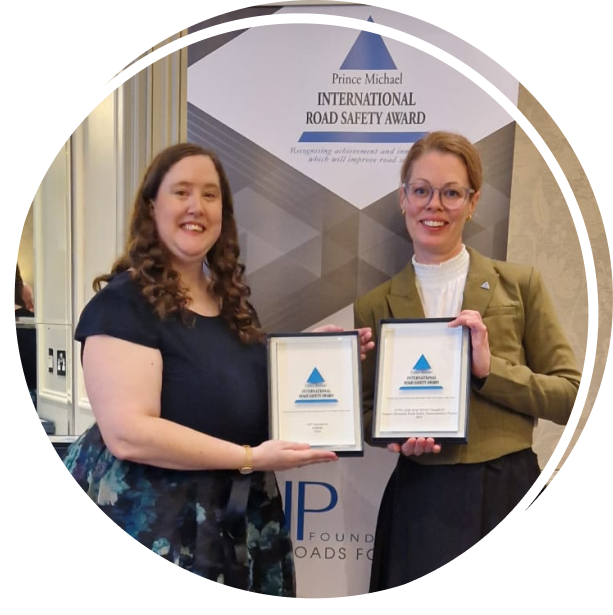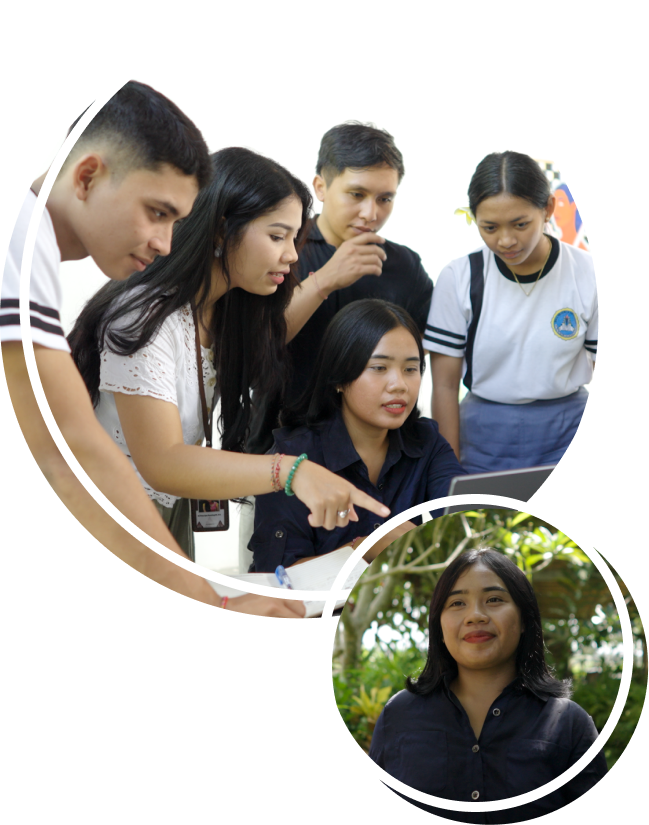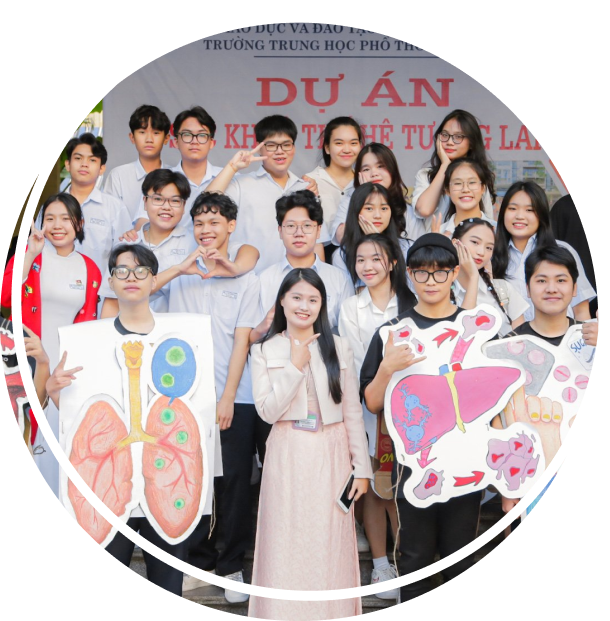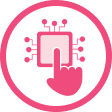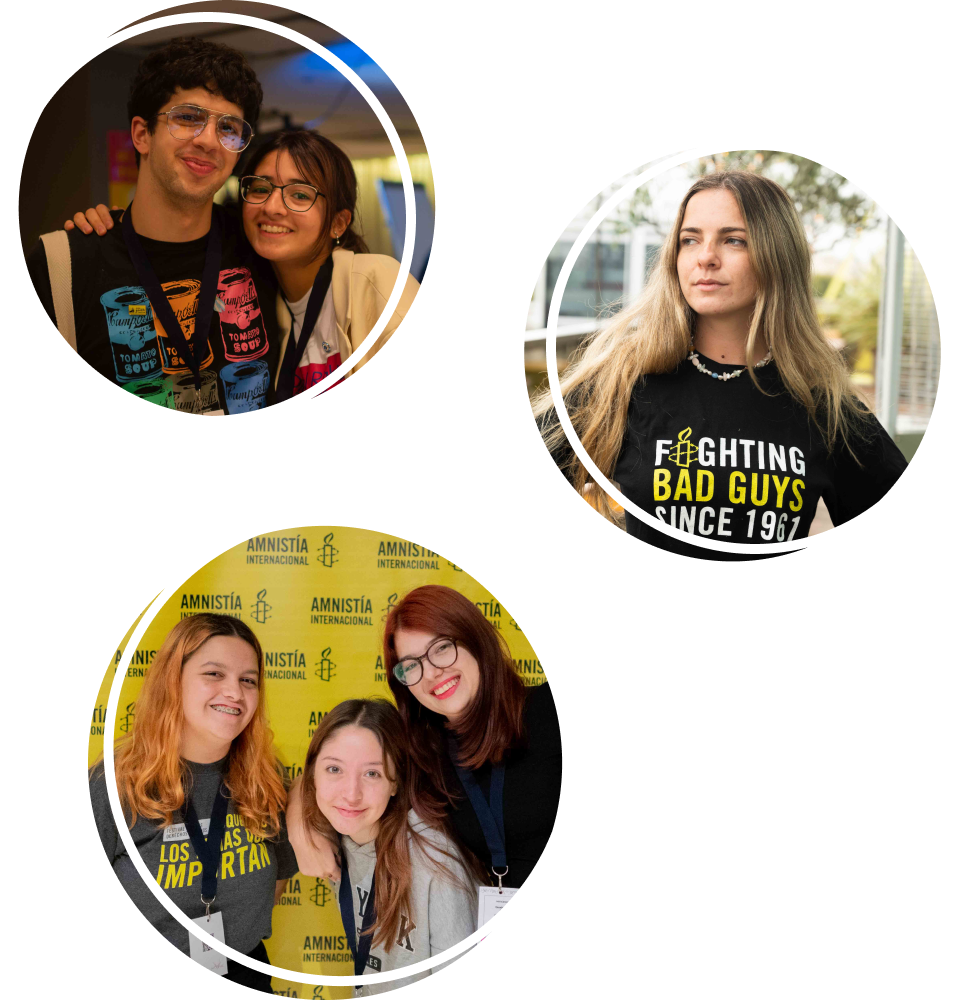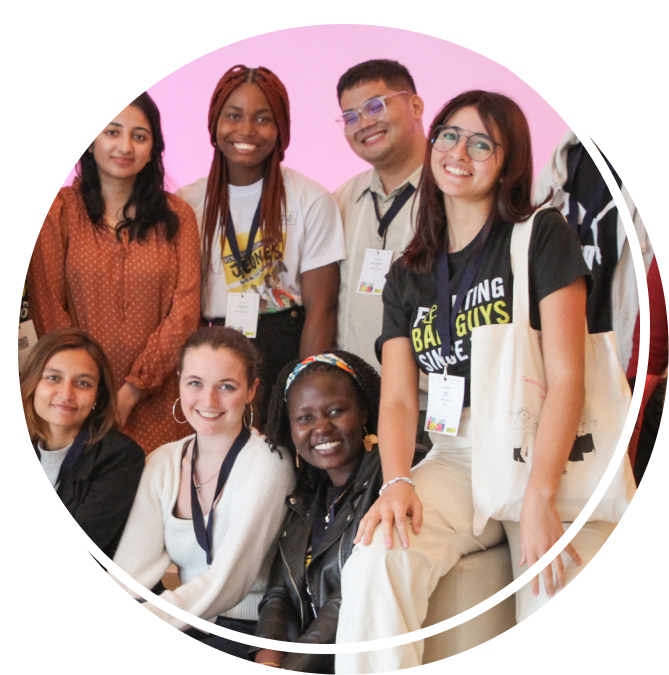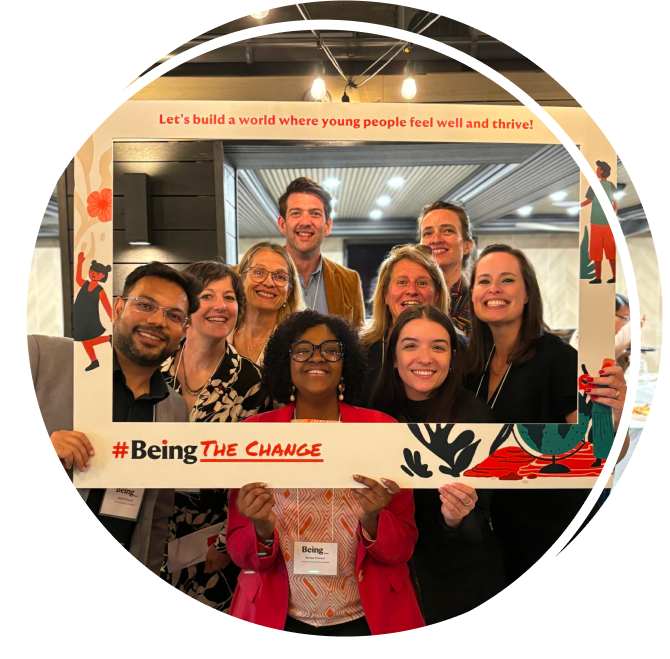The challenge
Tanzania is among the world’s poorest nations as measured by GDP per capita and the healthcare system experiences a limited allocation of resources, resulting in more than 600,000 preventable deaths for under-five year olds, 1.2 million unintended pregnancies (including 26% of adolescent girls aged 15-19), and 9,000 preventable maternal deaths each year (Tanzania DHS 2015). While community health workers, health facilities, and Accredited Drug Dispensing Outlets (ADDOs) already support individual and family health at the community level, there are few formal linkages between them. ADDOs and community health workers also have limited access to continuing health training and opportunities to exchange critical learning and knowledge. This has resulted in barriers in accessing healthcare which in turn negatively affects people’s health and wellbeing.
The country started to apply digital technology to healthcare already in the 1990s aiming to digitise the country’s health management system and some great successes have been made but there is still room for scaling up and improving coordination. There is a great opportunity in Tanzania to harness both the will and the need to further leverage digital technologies to improve healthcare in the country, and this is what Afya-Tek is doing.
Our contribution
Fondation Botnar supports Afya-Tek which is working to improve decision-making and quality of healthcare. It links community health workers, health facilities, and private drug dispensers, known in Tanzania as Accredited Drug Dispensing Outlets (ADDOs).
Digital technologies and their application to healthcare have the potential to improve efficiency, lower overall costs, and streamline the workload of health facility staff. Digitising the flow of information can increase the coordination between the different levels and providers in the continuum. This can then bring preventive and curative care closer to communities, strengthening the overall health system in Tanzania.
By 2021, Afya-Tek wants to improve the wellbeing of children, young people, and their families in the Pwani region in Tanzania through a digitally-enabled approach. The initiative is the first of its kind to harness emerging digital tools to better connect the health system actors, including predictive analytics and biometric identification. The initiative will also begin to assess the feasibility of integrating AI enabled health assistants in the future.
Location
Tanzania
Duration of project
2019 – 2021
Partners
D-tree International, Inspired Ideas, Simprints, Institute of Tropical Medicine Antwerp and Apotheker Consultancy (T) Ltd.

